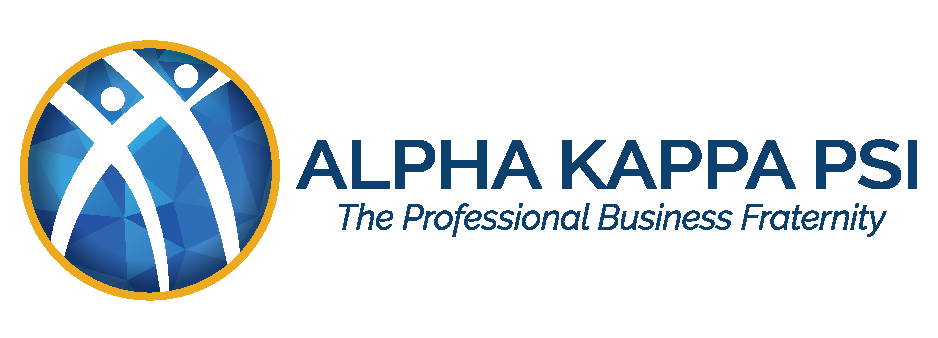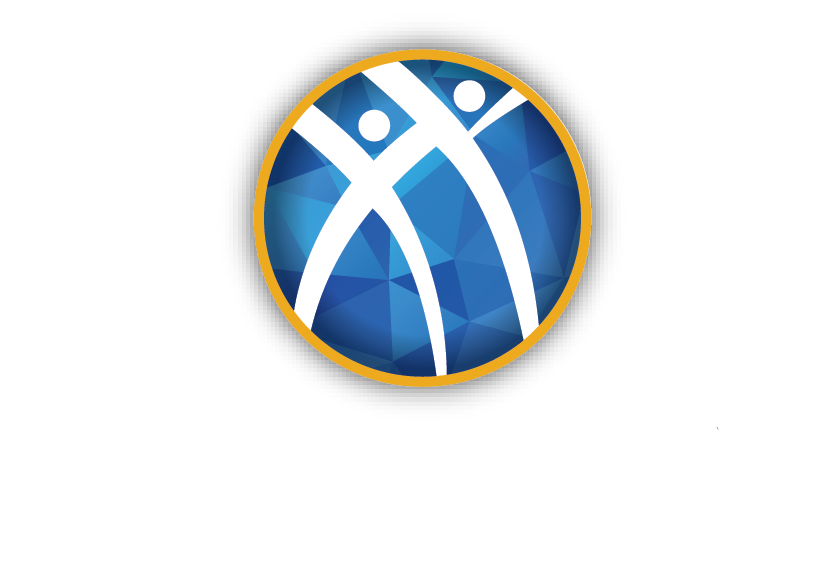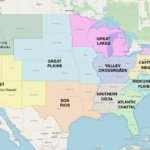This year marks the 20th anniversary of the worst terrorist attack on U.S. soil and a tragic day for our nation. At 8:46 a.m. on September 11, 2001, American Airlines Flight 11 collided into the World Trade Center’s north tower in New York City, killing hundreds of people and trapping hundreds more. Just 17 minutes later, a second plane, United Airlines Flight 175, flew into the south tower. About 30 minutes later, a third plane, American Airlines Flight 77, crashed into the west side of the Pentagon near Washington, D.C., while a fourth plane, United Flight 93, crash-landed into a field in Pennsylvania killing all 40 souls on board.
So many innocent lives were lost during this attack, including three of our own Alpha Kappa Psi brothers: Thomas E. Burnett, Minnesota ’85, David H. Winton, Fordham ’91, and Jayceryll M. de Chavez, Rutgers ’98-Life.








